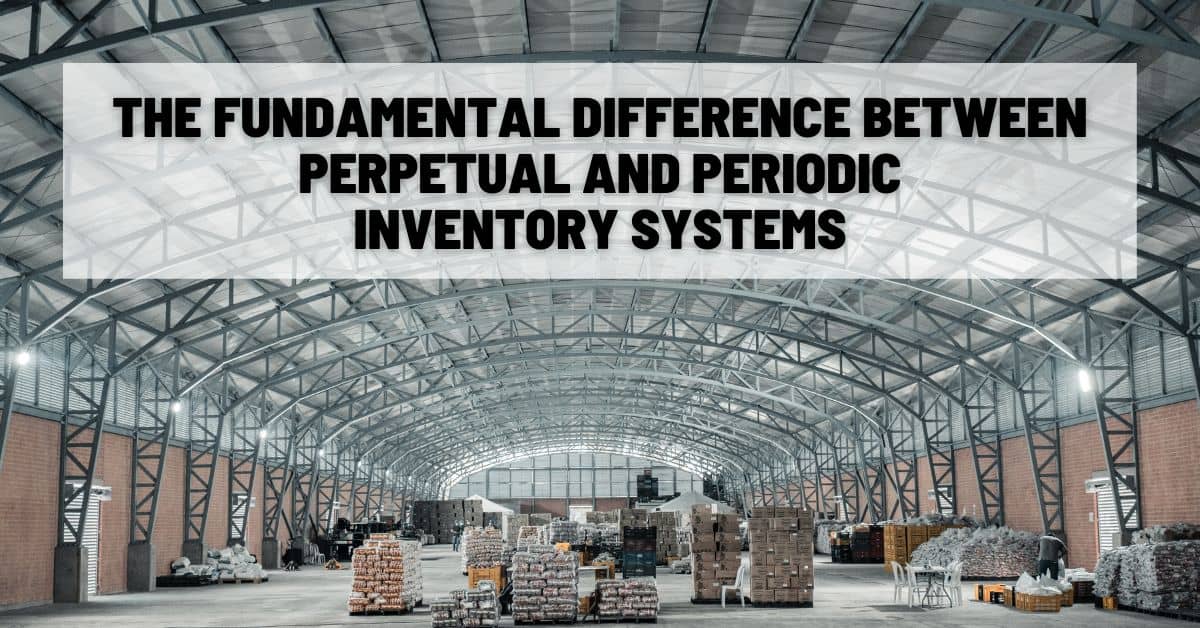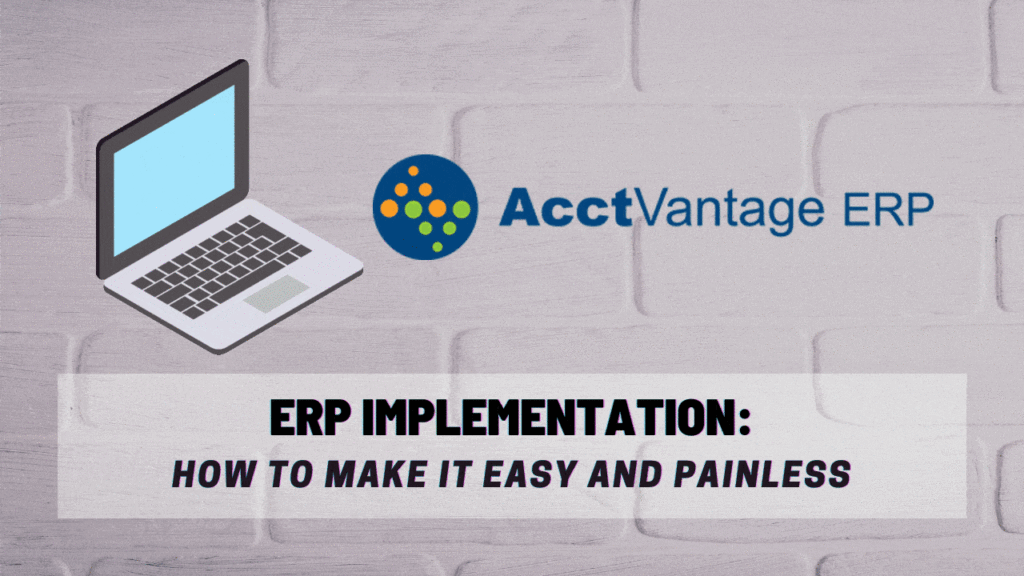Perpetual Inventory: The Real Benefits And How To Get Them
Perpetual inventory systems were a warehouse manager’s fondest pipe dream until just a few decades ago.
Perpetual inventory was one of those great ideas that had always existed in theory, but only got to be real when the technology caught up.
You can think of perpetual inventory systems as the Star Trek communicators of inventory management: an easy idea to come up with, but entirely unfeasible until modern computers came around.
Nowadays a perpetual inventory system is completely within reach for a business of any size, and it lets you turn the entire process of inventory management on its head.

The Fundamental Difference Between Perpetual and Periodic Inventory Systems
Before there were perpetual inventory systems, there were periodic ones.
A periodic inventory system involves regular, manual checks of current inventory levels. If you know what was on your shelves at the beginning of an accounting period and at the end, you can calculate how much you sold.
With that information, your accountant only has to keep a record of all the purchases you’ve made, and from there it’s all simple math.
A perpetual system solves that equation the other way around.
In a perpetual inventory system, sales are tracked as they occur. That tracking process will look pretty different from one business model to the next, but it typically includes a network of point-of-sale (POS) systems, scanners, etc. all communicating with a central database.
With this sales data, plus purchasing data and an initial count when you set up the system, the system can work out how much you currently have.
Assuming that your initial inventory account is mostly accurate (and that there’s minimal loss and/or missing inventory), the system should be able to keep the database accurate and up-to-date at all times.
You’re probably still gonna want to perform manual checks every once in a while, to verify your data, but these disruptive counts go from being a central part of your inventory management scheme to a system of more localized audits.

How To Decide Whether Your Business Needs Perpetual Inventory
The advantages of a perpetual inventory system, at least for the appropriate kind of business, are pretty obvious.
If you have a high sales volume, even if each individual sale is relatively low value, a periodic system would amount to simply not knowing what you have on hand by the time you get halfway through the month. It would also mean less capable error-tracking, which could get disastrous if left unchecked.
On the other hand, if you’re running, say, a car dealership, you probably don’t need an entire network of computers (and the IT staff to match) when your sales volume is so relatively low and your inventory is so easy to count.
Ultimately, the choice between perpetual and periodic inventory comes down to the question of how well you need to know your business’ inventory at any given moment.
To find out how AcctVantage ERP can support your ongoing business growth and success, click here to get in touch with us.




